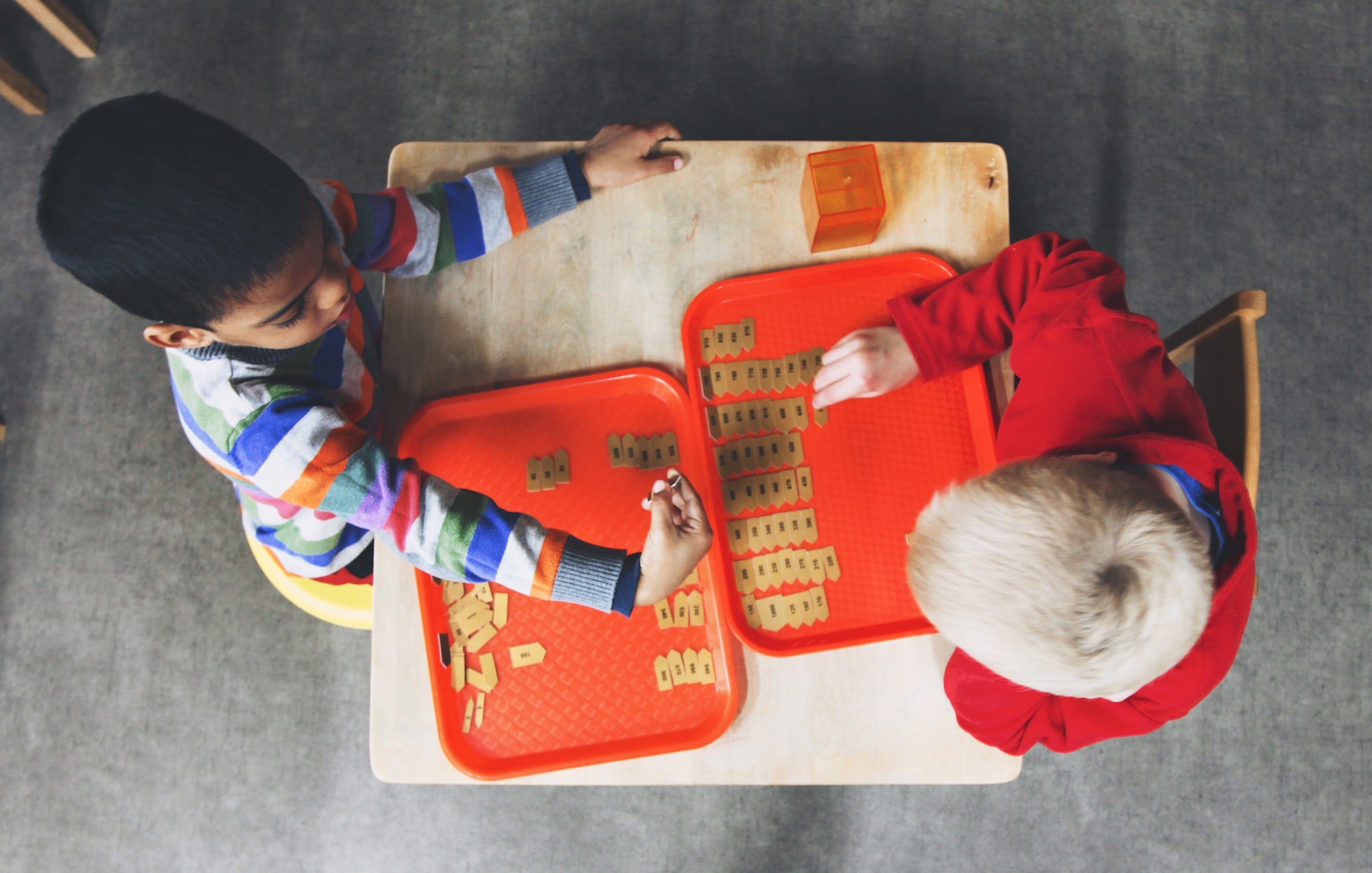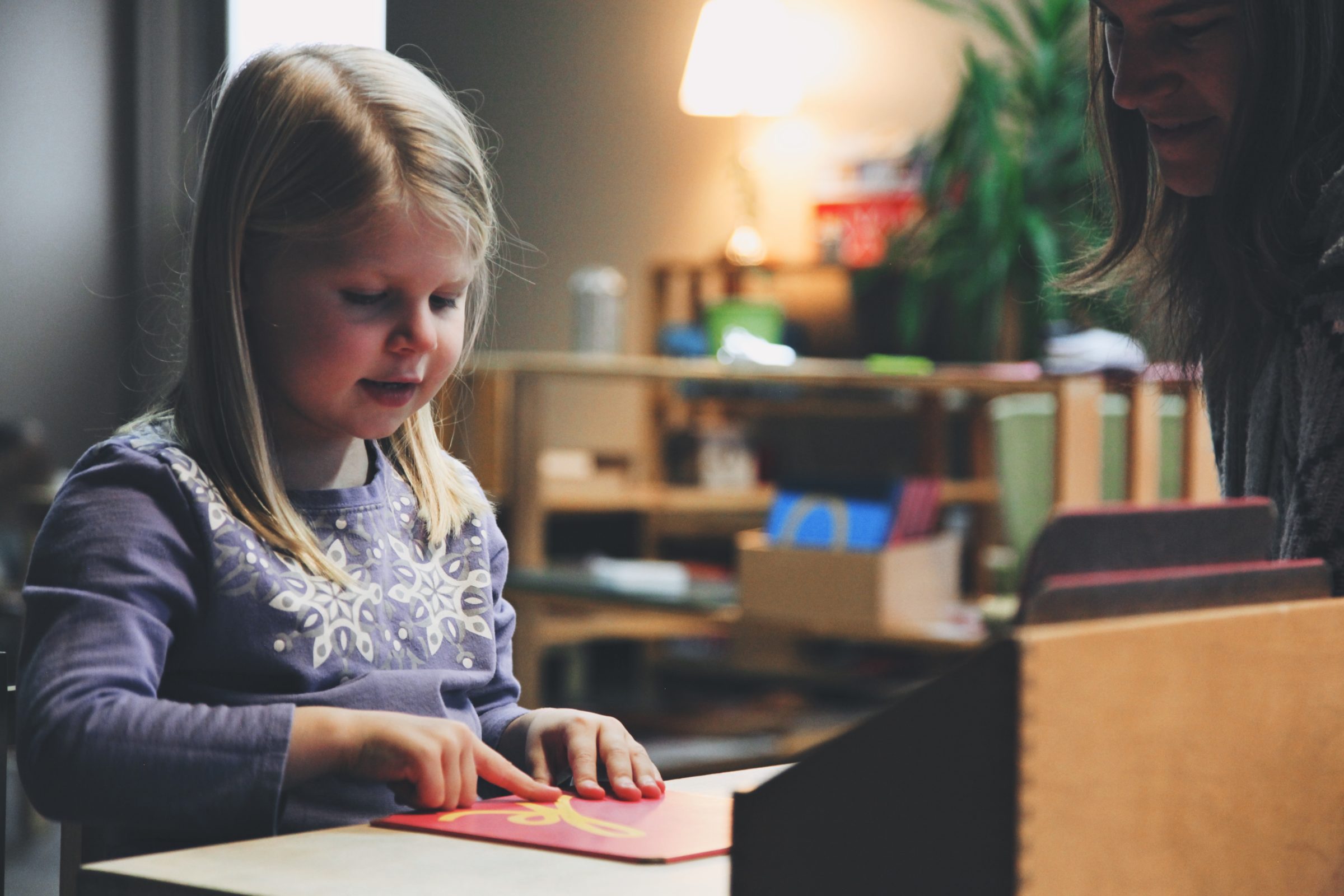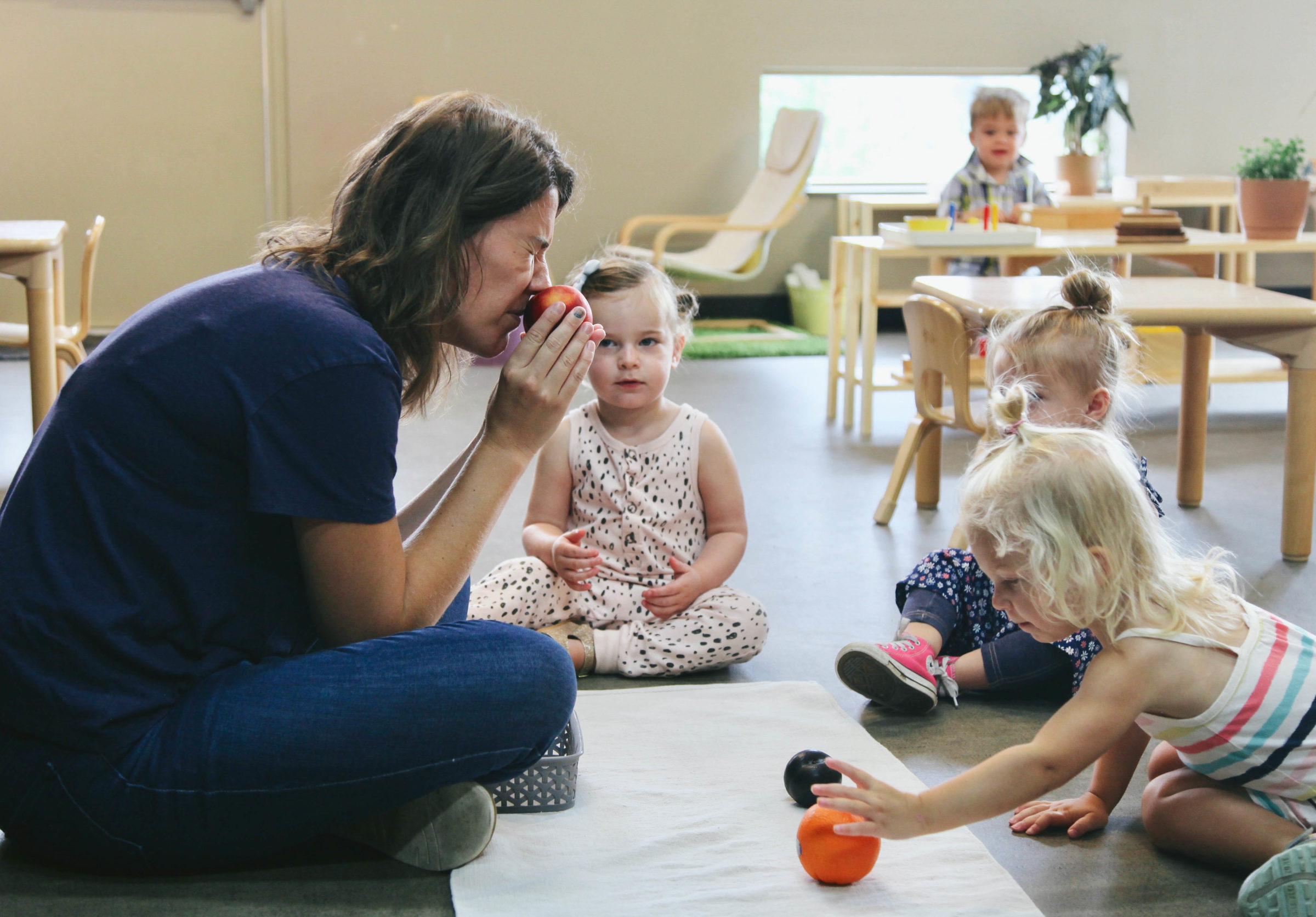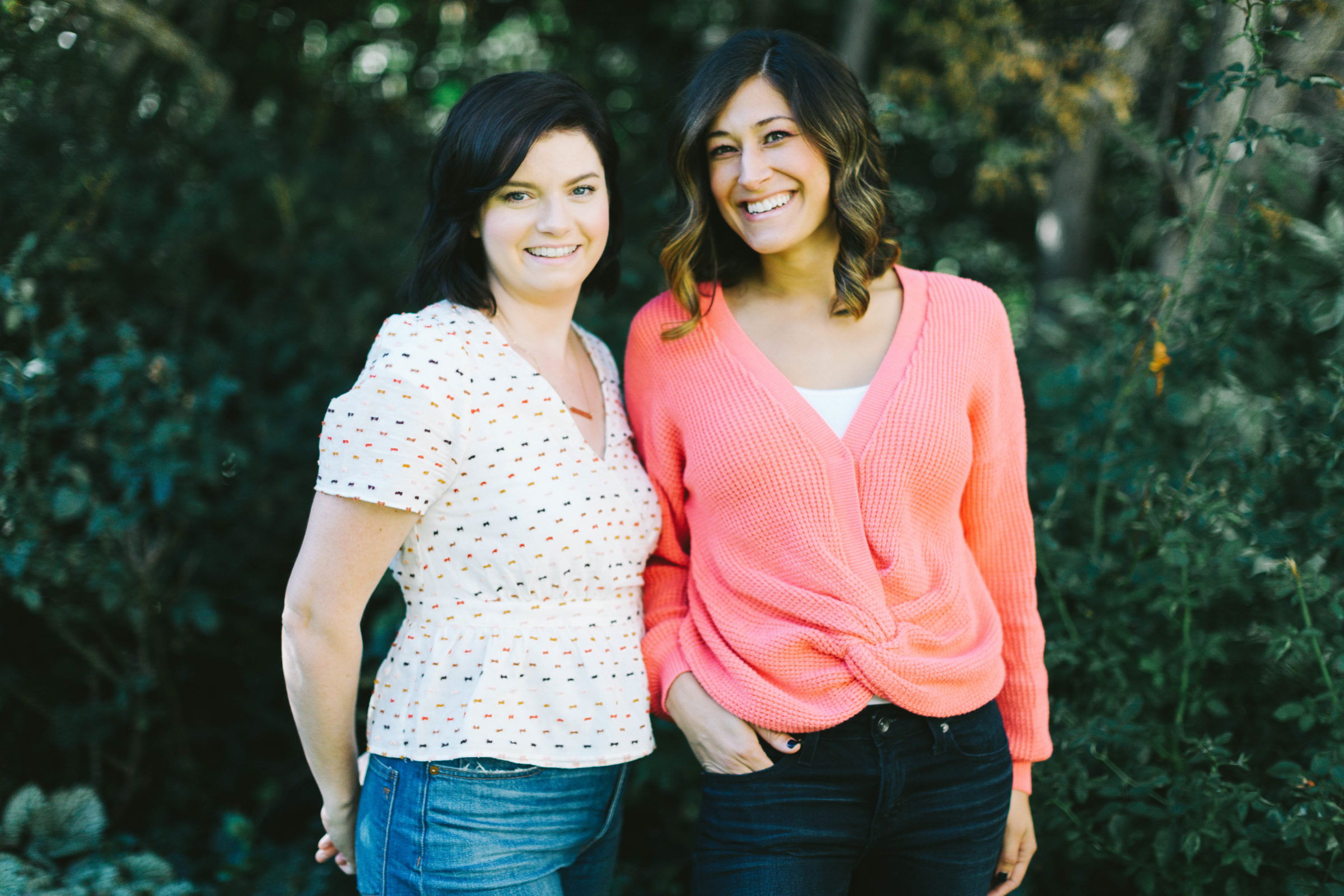Greeted In Your Own Language
Thoughts & Reflections
One of the most wonderful things, something we celebrate and cherish, is the diversity we experience here at Baan Dek. Our school is representative of the beautiful community we enjoy in Sioux Falls.
We have many languages spoken, children who have one or multiple generations living with them, families who are brand new to this country and families who have been in this city for generations.
In a smaller way, the classroom is the same.
The youngest students are helped by older students, sometimes incrementally older, sometimes several years more advanced. Children are brand new, or the fourth child in their family to attend Baan Dek.
Everyone is speaking their own language.
Sometimes literally. With a wide range of ages, comes a wide range of eloquence. Our youngest students come to us pre-verbal, eager to communicate, yet still on the cusp of speech. Our oldest children leave with not only incredible verbal skills, with proper grammar and syntax, and an expansive vocabulary, but often the ability to put these ideas to paper, and communicate via literacy, not just speech.
Sometimes, a bit more figuratively.
More on that later.
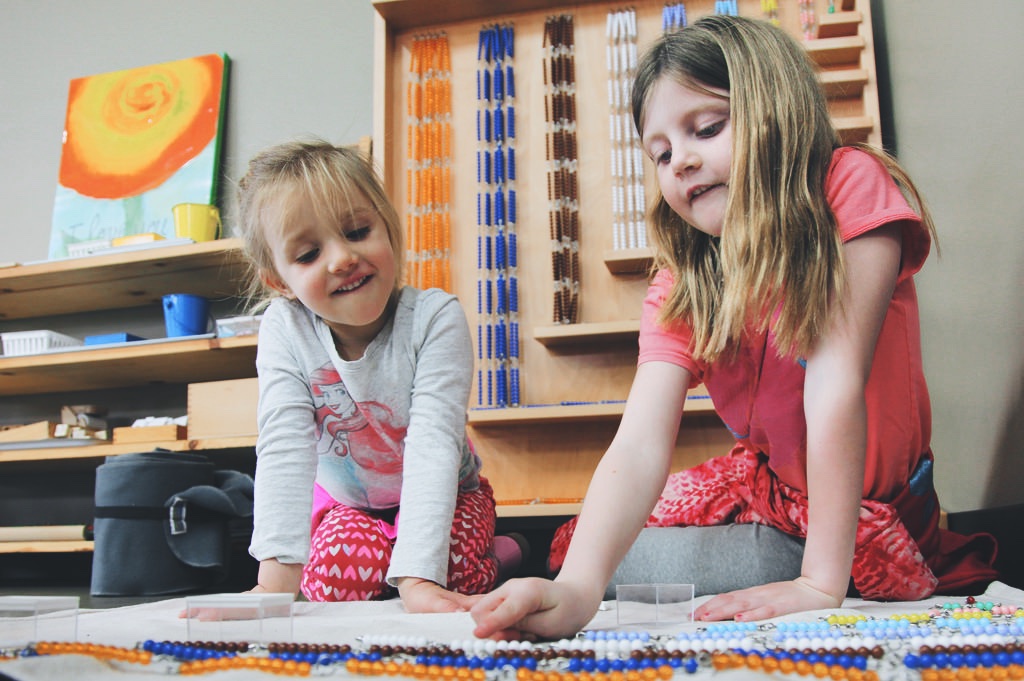
We recently witnessed a beautiful moment between two students, one brand new, transitioning to the Primary classroom, and one who has had several years to help create a beautiful space for new children to enter into.
Both children are bilingual, and primarily speak English at school, but the younger child’s first language is Portuguese, and the older child is learning Portuguese, as it is one parent’s first language.
The younger child is so excited to be in this new, bigger environment. He went from a space where he had mastered many materials, to a space where almost everything is absolutely brand new. There are materials on the shelf he probably won’t work with for three years. There are children more than twice his size.
What a place!
How do we do life in this new place? How do I observe, when I want to be doing all the incredible things this big heroes are doing? I am so absolutely overjoyed to be here!
It was time for a gathering, and the younger child was having a hard time figuring out a place to sit. The older child had been helping him tidy up his nap things, put on his shoes, and it was time to sit in the gathering. The older child had tried modeling, asking, telling, but the materials and this still new place were just much too appealing to sit still.
The older child sighed, and a spark lit in his eye.
Sente-se, por favor.
In these children’s mutually secret language, sit down, please.
The younger child stopped. His whole body stilled. He looked at the older child with awe and respect. He sat down beside him.
The younger child had understood all along. But there is something different about being asked in your own language.
When you are in a foreign land, and someone speaks to you in words you understand, a peace comes over you. What was a mystery is clear. What was challenging is simple. A path forward becomes apparent.
You feel seen.
How else can we see children differently? How can we speak to them in words that feel like their own language? How can we speak to one another that recognizes each individual’s true self?
When someone truly understands me, I feel giddy. When someone brings me a treat and says, “I saw this and thought of you,” I am touched. When someone tells a story of something I did or said, when they recognize the nub of things, I beam.
“ How can we greet each other in our own language? Let us begin with the children.”
What do each of us as individuals need? Some children love to start their day greeted with a hug. Some children ease into their day, beginning with observation, and their best work happens right before it’s time to clean up. Some children must burst out of bed, ready and alert, since this is how they spend their eight hours in the classroom — busy all day long.
How do we observe these nuances, and how do we respond to them? How can we make every interaction with every child true to what we know of them, true to their unique individual needs?
When we speak someone’s language, old or young, we are saying, “I see you. I see all of you — your perfection and your foibles — and I love and respect all of it.”
How can we greet each other in our own language? Let us begin with the children.
Written by:
Charlotte Snyder
